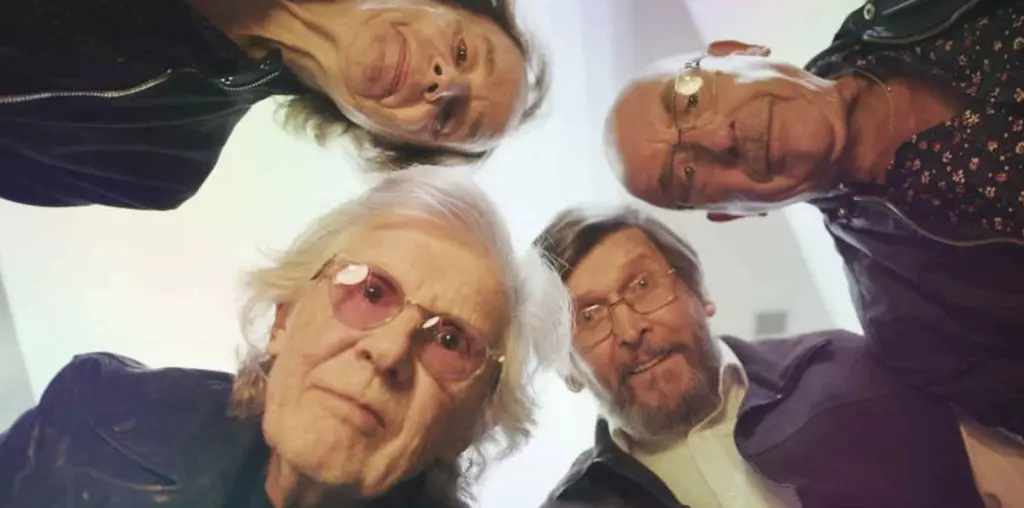
Politics has an amazing effect on country’s culinary history. This is especially true of the country of Cuba. In Asori Soto’s film Cuban Food Stories, Soto returns to his homeland to find the remnants of Cuba’s culinary history in light of the devastation of the Castro regime.
Soto longs for the time when Cuba was an exciting destination for tourism and specifically fine dining. After immigrating to the United States, Cuban food became watered down when it fused with American influences and American ingredients. In Cuba, the Castros almost completely obliterated its cultural heritage by allowing only the most basic ingredients to be distributed to its people, such as rice and beans or overly regulating the source of food to Havana restaurants, thus limiting a menu. This limited pantry made passing on family recipes and traditions almost impossible.
With the doors to Cuban tourism slightly opening, filmmaker Soto takes audiences on a culinary tour of Cuba and shows the struggle of its people to maintain traditions in some areas and the victories is others. He breaks up his film into chapters exploring specific regions of Cuba.

“…the struggle of its people to maintain traditions.”
To note a few highlights to whet the appetite, Soto explains in the more oppressed rural areas that many staples you and I take for granted are not there and have to be substituted. For example, beef is replaced with soy and cooking oil is replaced by water.
We then move onto Juragua, the site of what would have been Cuba’s first nuclear power plant run by the Russians. Located next to a small fishing village, the locals relied on that plant for employment. With Cuba banning boats (in fear of mass defections), poverty reigned, and on-shore fishing limited the amount of fish that could be caught to sustain the town’s economy. Yet, the resourcefulness of the human spirit still reigns.

“…is half travel guide and half culinary guide…”
That’s pretty much the story Soto tells from chapter-to-chapter. Every region has its own culinary challenges and the people of Cuba still somehow manages to overcome them. Soto’s documentary is half travel guide and half culinary guide. Despite its economic struggles and limited resources, Cuba still remains a beautiful country. The resurgence of Cuban culture is strong and for this guy, who hates to travel abroad would consider Cuba a place to visit.
Cuban Food Stories is a gorgeous love letter to the people and country of Cuba. Since the focus is on food, US/Cuba politics is presented as historical facts as opposed to commentary. Soto’s imagery, stories, and food are compelling and a real triumph overall.

Cuban Food Stories (2018) Directed by Asori Soto. Cuban Food Stories screened at the 2018 Newport Beach Film Festival.
4 out of 5 stars


Nothing about the irrational and cruel American embargoes causing (at least heavily contributing to) these shortages?